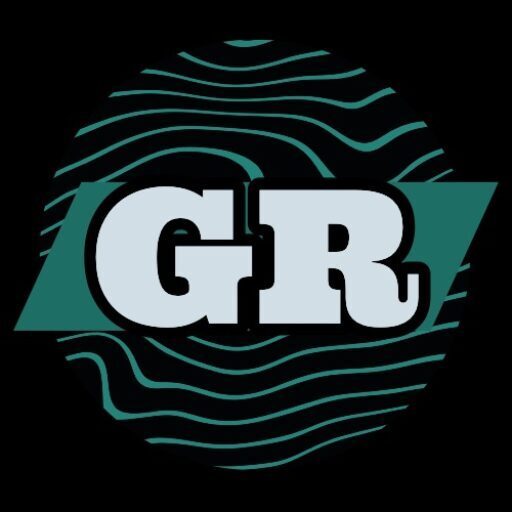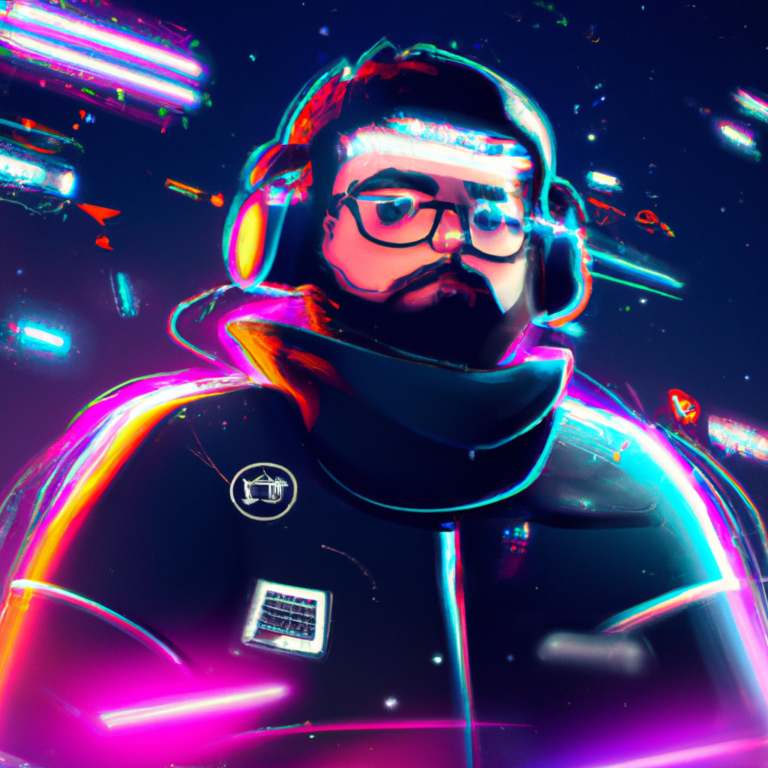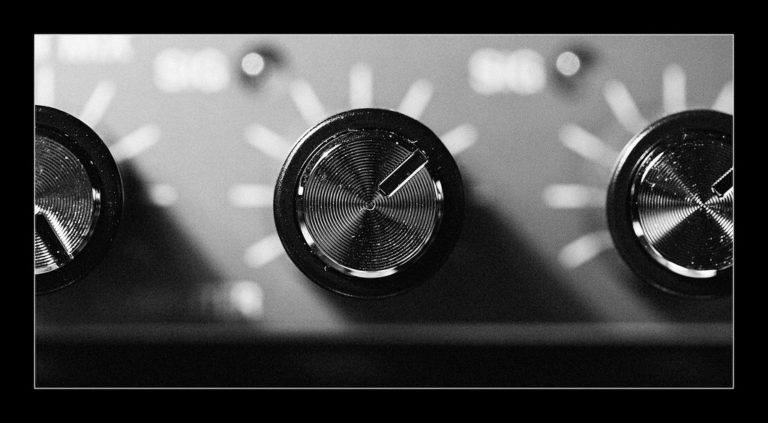“Mastering the Art of Game Development Troubleshooting: Proven Tips and Tricks for Debugging Like a Pro”
Game development can be a challenging process, and one of the most frustrating experiences can be dealing with bugs and issues that interfere with gameplay. As a game developer, it is important to have a reliable set of tools and techniques for debugging and troubleshooting problems as they arise. In this blog post, we’ll cover some tips for identifying and solving game development issues.
1. Use a Debugger: A debugger is a tool that allows you to step through your code, line by line, and see what is happening at each step. This can be an incredibly valuable tool for identifying the root cause of bugs and other issues in your game. There are many different debuggers available, so it’s worth doing some research to find the one that works best for your development environment.
2. Log Everything: Logging is another essential tool for game developers. By logging various events and actions in your game, you can get a better sense of what is happening under the hood. This can be especially useful for tracking down issues that are difficult to replicate, as you can see exactly what happened leading up to the problem.
3. Break Down the Problem: When you encounter a bug or other issue in your game, it can be tempting to jump right in and start trying to fix it. However, it’s often more effective to take a step back and try to break down the problem into smaller, more manageable pieces. This can help you identify the specific area of your game that is causing the issue and focus your debugging efforts.
4. Use Automated Testing: Automated testing is a powerful tool for game developers. By setting up automated tests for various aspects of your game, you can quickly identify issues and bugs before they have a chance to interfere with gameplay. This can save you a lot of time and frustration in the long run.
5. Collaborate with Others: Finally, don’t be afraid to collaborate with other game developers when you’re trying to troubleshoot a problem. By bouncing ideas off of others and working together to identify the root cause of an issue, you can often come up with a solution much more quickly than you would on your own.
In conclusion, debugging and troubleshooting are essential skills for game developers. By using the right tools and techniques, you can identify and solve problems quickly and effectively, ensuring that your game is as polished and enjoyable as possible. Remember to keep an open mind, break down the problem into manageable pieces, and collaborate with others when necessary. With these tips in mind, you’ll be well on your way to becoming a master of game development debugging.






